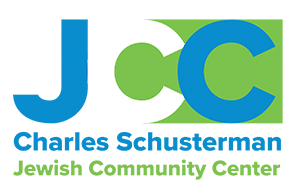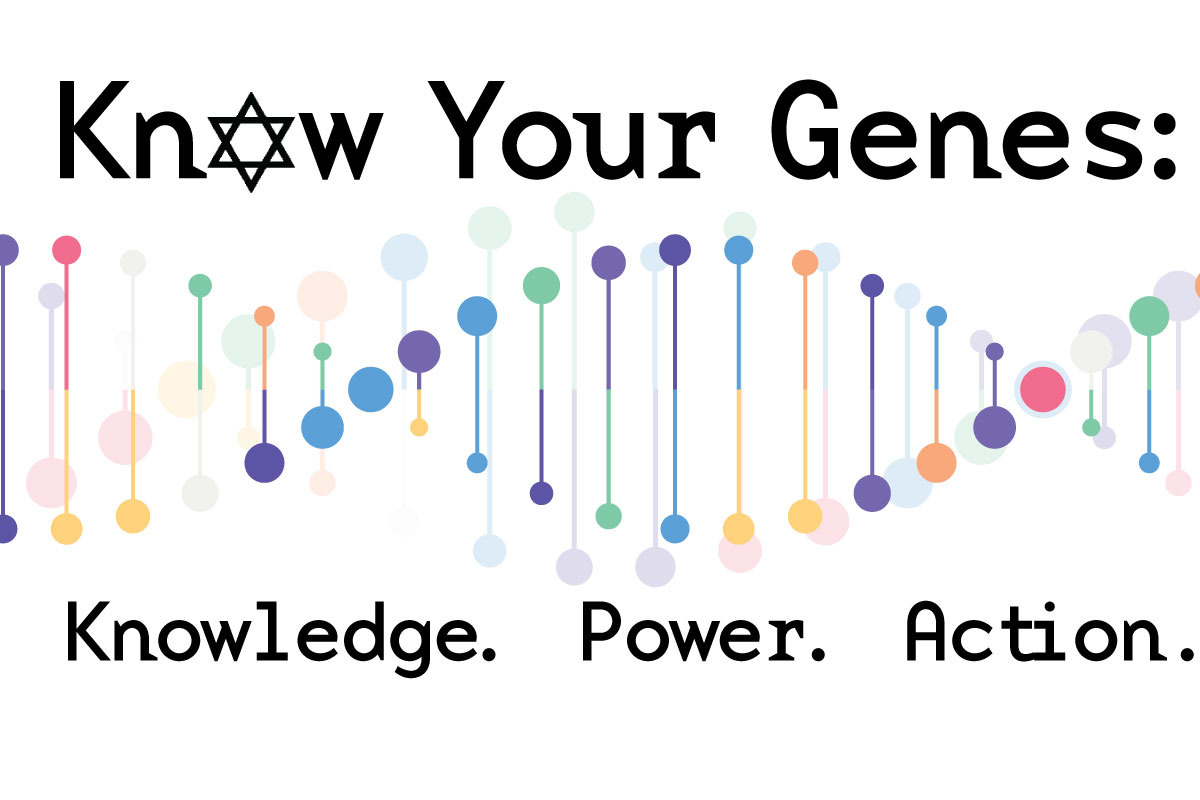Knowledge is Power
by Sandy Sloan
In March, the Jewish Federation of Tulsa’s Maimonides Society presented an important program to educate our community on the BRCA gene mutation. Spearheaded by a group of committed individuals, Dr. Jill Wenger, Dr. Janis Finer, and Terry Marcum, and our community sponsor, Ascension St. John Medical Center, the program brought together over 100 community members of various ages and genders to arm themselves with the knowledge to act with preventative cancer and reproductive health screening.
Melanie Hardy, MS, CGC, Director of Genetic Counseling, J Screen, Emory University spoke about how common hereditary cancers are, especially in the Ashkenazi Jewish population where the incidence of BRCA alone is 1 in 40 of all men and women, compared to 1 in 400 in the general population. It is estimated that one out of every 20 breast cancers are BRCA related. Even more important is that for every person who carries the mutation, there are at least several untested and undiagnosed family members who remain at risk. By undergoing screening and finding a healthy individual who carries the mutation, it is a priceless opportunity for individuals to profoundly impact the health and life of themselves and their family members.
Genetic screening includes cancer screening for colon, leukemia, lymphoma, pancreatic, brain, and kidney cancer, among others. There are now over 70 inherited cancer mutations that can be identified with early screening, accounting for 40 different cancer-related diseases.
Thanks to Congregation B’nai Emunah and Temple Israel sisterhoods, the individuals who attended the event, received $50 off both genetic and reproductive cancer screening through JScreen. Since the program in March, 18 community members have taken advantage of the discounted screening. Four individuals ordered reproductive carrier screens and 14 others ordered cancer genetic test screens. Here are some highlights:
- Of the four who received reproductive carrier screening, three were positive for at least one gene on the panel. This 75% positive rate is consistent with what we often see for carriers.
- Of the 14 who received cancer genetic testing, three were positive for at least one gene on our panel.
- This amounts to 21% who tested positive for a mutation. On average, at JScreen, approximately 15% test positive.
When one person receives genetic screening, there is often a ripple effect on other members of the same family.
After the BRCA Program in March, one woman reached out to JScreen for testing due to her family history of breast and brain cancer as well as melanoma. She was found to be positive for PMS2 – a gene associated with Lynch syndrome, which increases the risks for colon, uterine, ovarian, other gastrointestinal cancers. Her genetic counselor suggested she speak with her doctors about receiving the appropriate testing including colonoscopy, upper endoscopy, and mammogram.
When JScreen’s genetic counselor checked back with her two weeks later, the woman inquired about her sister getting both the cancer genetic testing and the reproductive carrier screening. Her nephew has had an unexplained illness and the testing was expected to take months for the results. The woman sent this note to JScreen, “Thank you SO much. They (the doctors) will order the tests tonight and hopefully it may give them some insight on carrier status, as well as other information. My sister was so happy to hear this. I truly can’t thank you enough.”
A grandmother and her husband attended the program and the woman, who did not have a strong family history of cancer, decided to get tested after hearing the stories shared that day. Her tests revealed that she was positive for NTHL1, a recessive condition related to colonic adenomas. Just knowing that she is at an increased risk made it easier for her to do the appropriate testing thereby lowering her risk for cancer.
Although many primary care doctors are not yet educated on the importance of genetic cancer screening, it is important to discuss this and alert them to your concerns. It will also help other family members that they may be at an increased risk for cancer. Early screening can help you decide whether an inherited health condition may affect you, your child, or another family member. Early screening can be life-saving!







